A Complete Guide To F1b Goldendoodle Breed

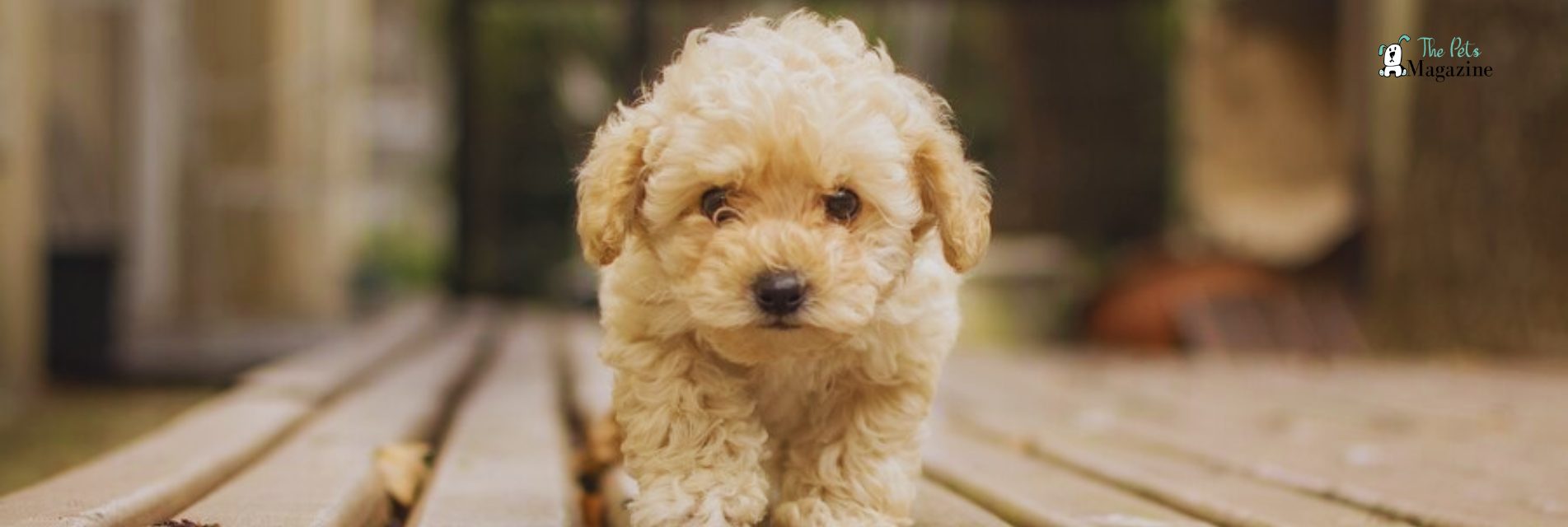
The Goldendoodle is a designer dog breed which was first created in the early 1990s in North America by crossbreeding a Golden Retriever and a Poodle. The breeders aimed to create a hybrid dog with the best traits of both breeds, resulting in a gentle, loving personality and a low-shedding coat. The term Goldendoodle has been derived from the word “Golden” and “Labradoodle”.
Goldendoodles are bred in three different sizes, each corresponding to the size of the Poodle used as a parent: Standard, Medium, and Miniature.
Let’s see what the F1B Goldendoodle is like.
Let’s Meet The F1B Goldendoodle!
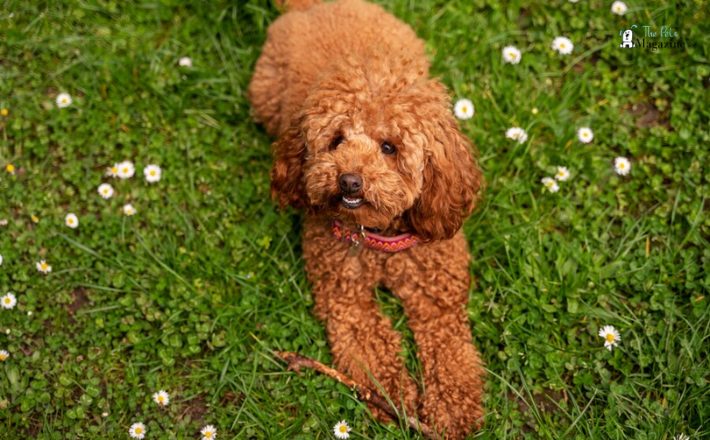
As we have mentioned above, an F1B Goldendoodle is a second-generation crossbreed between a Golden Retriever and a Poodle. The “B” in F1B stands for “backcross,” which means that an F1 Goldendoodle (50% Golden Retriever and 50% Poodle) has been bred with a purebred Poodle 12.
This results in a Goldendoodle that is 25% Golden Retriever and 75% Poodle. F1B Goldendoodles are known for their teddy-bear-like appearance, non-shedding coat, and hypoallergenic qualities.
Size, Appearance, and Coat Type Of F1B Goldendoodles
F1B Goldendoodles are generally medium-sized dogs, although their size can vary depending on the size of the Poodle parent. On average, they usually stand around 18 to 22 inches (45 to 56 cm) tall at the shoulder and weigh between 40 to 70 pounds (18 to 32 kg). It’s important to note that there can be some variation in size within a litter.
As their name suggests, the breed combines features of both the Poodle and Golden Retriever. They typically have a sturdy build with a well-proportioned body. Their head may resemble either the Poodle or Golden Retriever, and their eyes can be medium-sized and expressive. The ears are usually floppy, but they can also be semi-erect. The tail is commonly long and feathered.
F1B Goldendoodles tend to have a curly or wavy coat that is low to non-shedding, making them the perfect option for individuals with allergies. The coat can vary in texture, ranging from a soft, loose curl to a tighter, denser curl. The length of the coat can also vary, but it is generally medium to long in length. Coat colors can be diverse and may include shades of cream, apricot, red, black, chocolate, or parti-color (a combination of two or more colors).
F1B Goldendoodle Temperament and Personality Traits
F1B Goldendoodles generally have a friendly, outgoing, and sociable temperament. Here are some common personality traits associated with F1B Goldendoodles:
Affectionate
F1B Goldendoodles are known for their loving nature and strong attachment to their human family members. They often enjoy being close to their owners and thrive on human companionship.
Intelligent
With the Poodle parent’s intelligence and the Golden Retriever’s trainability, F1B Goldendoodles are generally considered to be intelligent and quick learners. They are often eager to please and respond well to positive reinforcement training methods.
Social
F1B Goldendoodles are typically sociable dogs that enjoy the company of both humans and other animals. They often get along well with children and tend to be friendly towards strangers, making them good family pets and potential therapy or service dogs.
Active and Energetic
F1B Goldendoodles have a moderate to high energy level and require regular exercise and mental stimulation to keep them happy and healthy. They enjoy activities such as walks, runs, playtime, and interactive games.
Playful
These dogs often retain their puppy-like playfulness well into adulthood. They are known for their love of play and can be quite entertaining with their antics.
Alert
F1B Goldendoodles tend to be alert and make good watchdogs. They will often bark to alert their owners of any perceived threat or unusual activity around the home.
If you’re considering getting an F1B Goldendoodle, spend time with the puppy’s parents if possible, as their temperament can give you a general idea of what to expect. Additionally, seek out a reputable breeder who focuses on producing well-socialized and temperamentally sound puppies.
F1B Goldendoodle Lifespan and Health Issues
The F1B Goldendoodle, like any dog breed, can be prone to certain health issues. However, it’s important to note that hybrid dogs like the F1B Goldendoodle generally have a lower risk of inherited health problems compared to purebred dogs. When bred responsibly, F1B Goldendoodles can inherit some of the desirable traits of both the Poodle and Golden Retriever parent breeds, potentially reducing the incidence of certain health conditions.
Here are some health issues that F1B Goldendoodles may be susceptible to:
1. Hip Dysplasia:
This is a common condition where the hip joint doesn’t develop properly, leading to discomfort and mobility issues. Both Poodles and Golden Retrievers are prone to hip dysplasia, so it’s important to ensure that the breeding dogs have been screened for this condition.
2. Progressive Retinal Atrophy (PRA):
PRA is a group of degenerative eye disorders that can lead to vision loss and blindness. Regular eye exams and genetic testing can help identify dogs at risk for PRA.
3. Allergies:
F1B Goldendoodles may be prone to allergies, including food allergies or environmental allergies. Symptoms may include skin itching, redness, and ear infections. Dietary adjustments, regular grooming, and allergen management can help alleviate these issues.
4. Ear Infections:
The floppy ears of F1B Goldendoodles can make them more susceptible to ear infections. Regular cleaning and proper ear care can help prevent infections.
6. Lifespan:
The average life span of an F1B Goldendoodle is around 10 to 15 years, although individual dogs can vary. Providing them with proper nutrition, regular exercise, veterinary care, and a loving environment can help promote their overall health and longevity.
And It’s A Wrap!
Remember, responsible breeding practices, health screenings, and genetic testing by reputable breeders can contribute to producing healthier F1B Goldendoodles with reduced risk of inherited health issues. When considering an F1B Goldendoodle, it’s advisable to ask the breeder about the health testing they have performed on the parent dogs and inquire about any health guarantees they may offer.
Additionally, regular veterinary care and a healthy lifestyle are crucial for maintaining the well-being of your F1B Goldendoodle throughout its life.





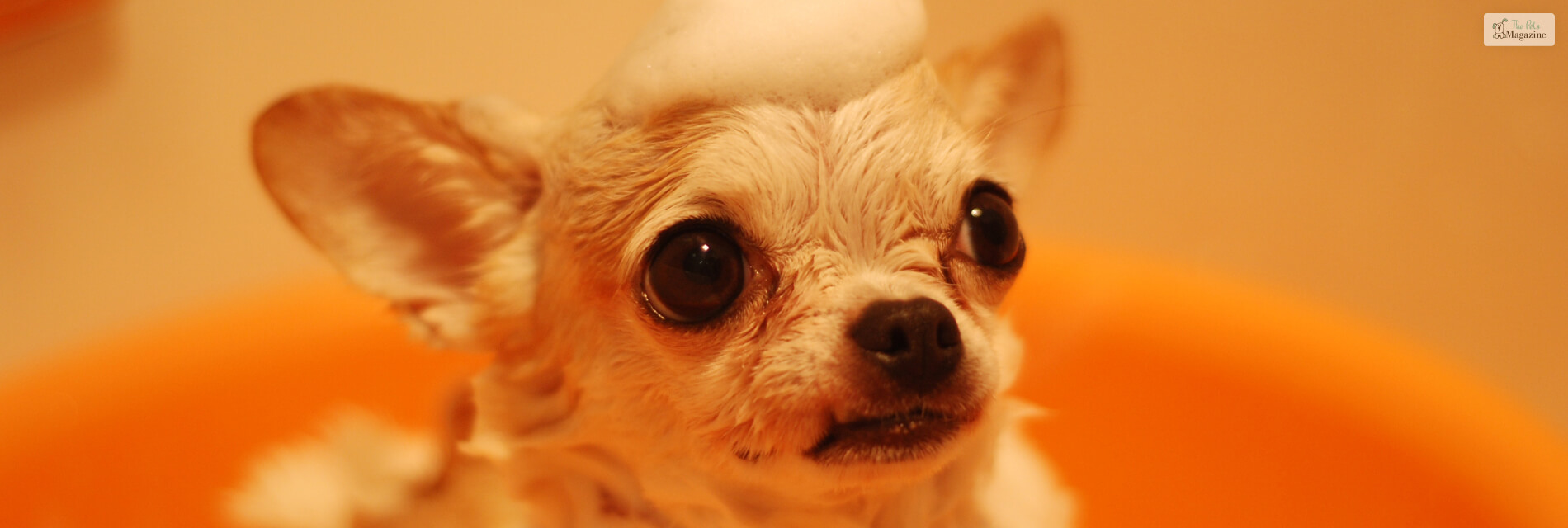
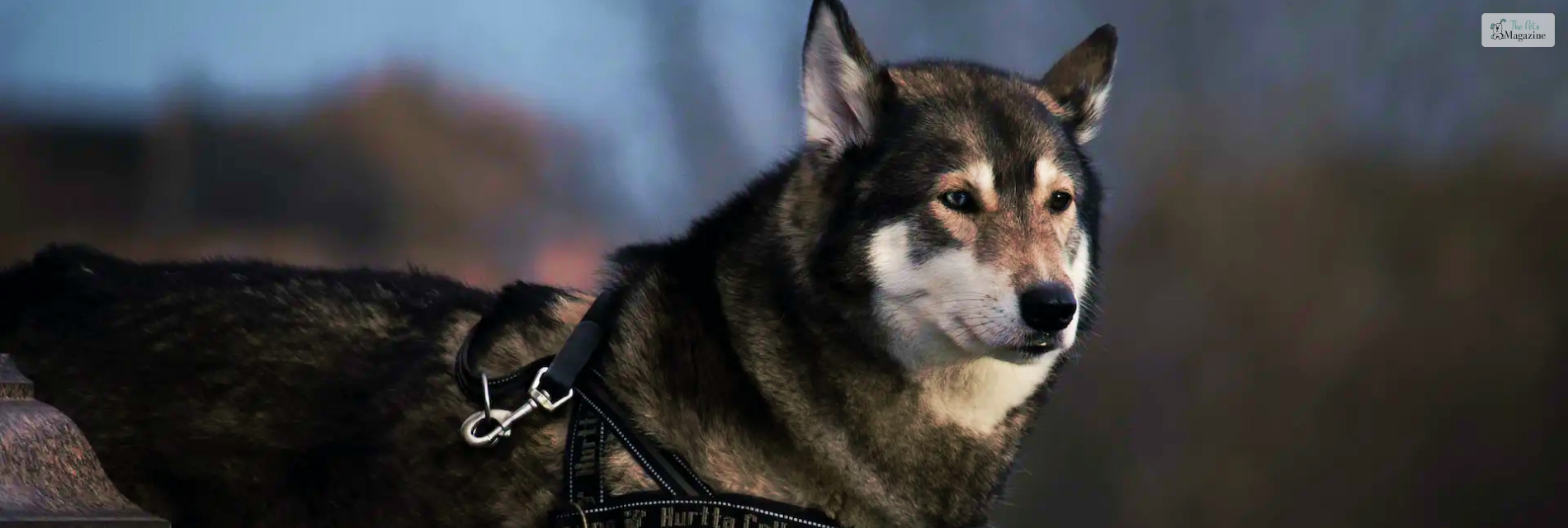
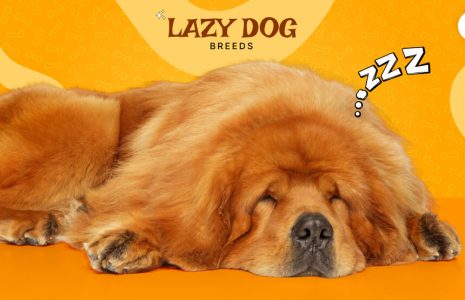
Leave A Comment